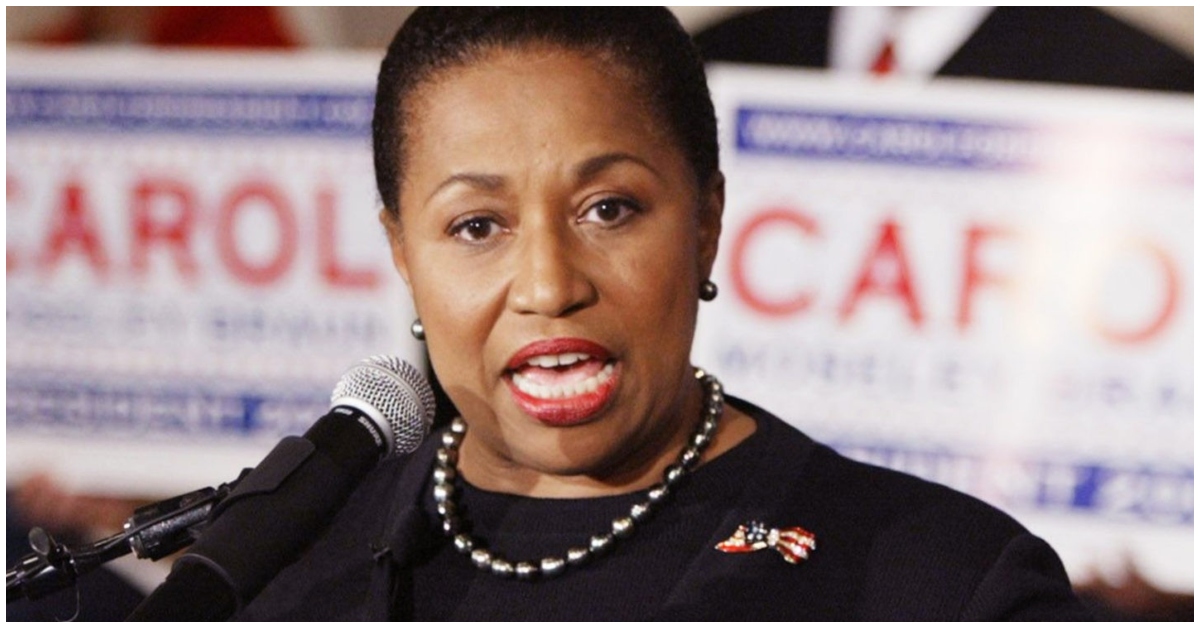Trailblazer in American Politics
Carol Moseley Braun, a trailblazer in American politics, has added another significant achievement to her storied career.
In 1993, she made history by becoming the first Black woman elected to the U.S. Senate, shattering barriers and paving the way for greater diversity in the nation’s highest legislative body.
“I broke through a barrier that had been there for years because of the people of Illinois,” Moseley Braun said. “I’m very proud of that and grateful for it.”
Her election to the Senate was a momentous occasion, as she was part of the largest class of women ever elected to the prestigious chamber, with a total of eight female senators.
Overcoming Challenges and Biases
Despite the progress made, Moseley Braun acknowledges that women, particularly Black women, still face significant challenges and biases in the political arena. She notes that only two other Black women, Vice President Kamala Harris and California’s Laphonza Butler, have followed in her footsteps as U.S. Senators.
“Women have not been getting elected to the Senate,” Moseley Braun said. “It’s the highest legislative body we have, and there’s a cultural bias against women making those kinds of decisions.”
New Role: Engaging with the African Development Foundation
In her latest endeavor, Moseley Braun has taken on the role of chair of the United States African Development Foundation (USADF). Her priorities include increasing awareness and making the agency more relevant to the diverse populations across the African continent.
“I was in the United States Senate, and I didn’t even know about it [USADF],” Moseley Braun said, “so what’s the chance that someone who’s just going to pick their kids up from school knows about it? Close to none.”
Energizing Black Voters and Increasing Representation
As the 2024 presidential election approaches, Moseley Braun emphasizes the importance of energizing Black voters and explaining why their vote matters. She acknowledges that many Black voters feel their vote does not make a difference, and she believes addressing their concerns and priorities is crucial to garnering their support.
“A lot of Black people who I talk to don’t think their vote matters,” Moseley Braun said. “If you talk to the voters about what they care about, then they’ll come to your rescue.”
Additionally, Moseley Braun highlights the need for increased representation of Black women in elected offices, as they currently make up only 5.4% of all voting members, despite comprising 7.7% of the total U.S. population.
Overcoming Biases and Fostering Diversity
While progress has been made, Moseley Braun emphasizes the importance of overcoming biases and fostering diversity in leadership roles. She believes that having diverse candidates with a genuine connection to their constituencies is paramount, but acknowledges that race still plays a significant role in fundraising, voter outreach, and overcoming implicit biases.
“You want to have the best quality candidate of people who can do the job and have a real sense of connectedness to what they’re doing,” Moseley Braun said. “That’s the most important thing, but does race matter? It matters a lot. That has to do with the ability to fundraise, the ability to get the votes out and to overcome biases that are implicit.”




